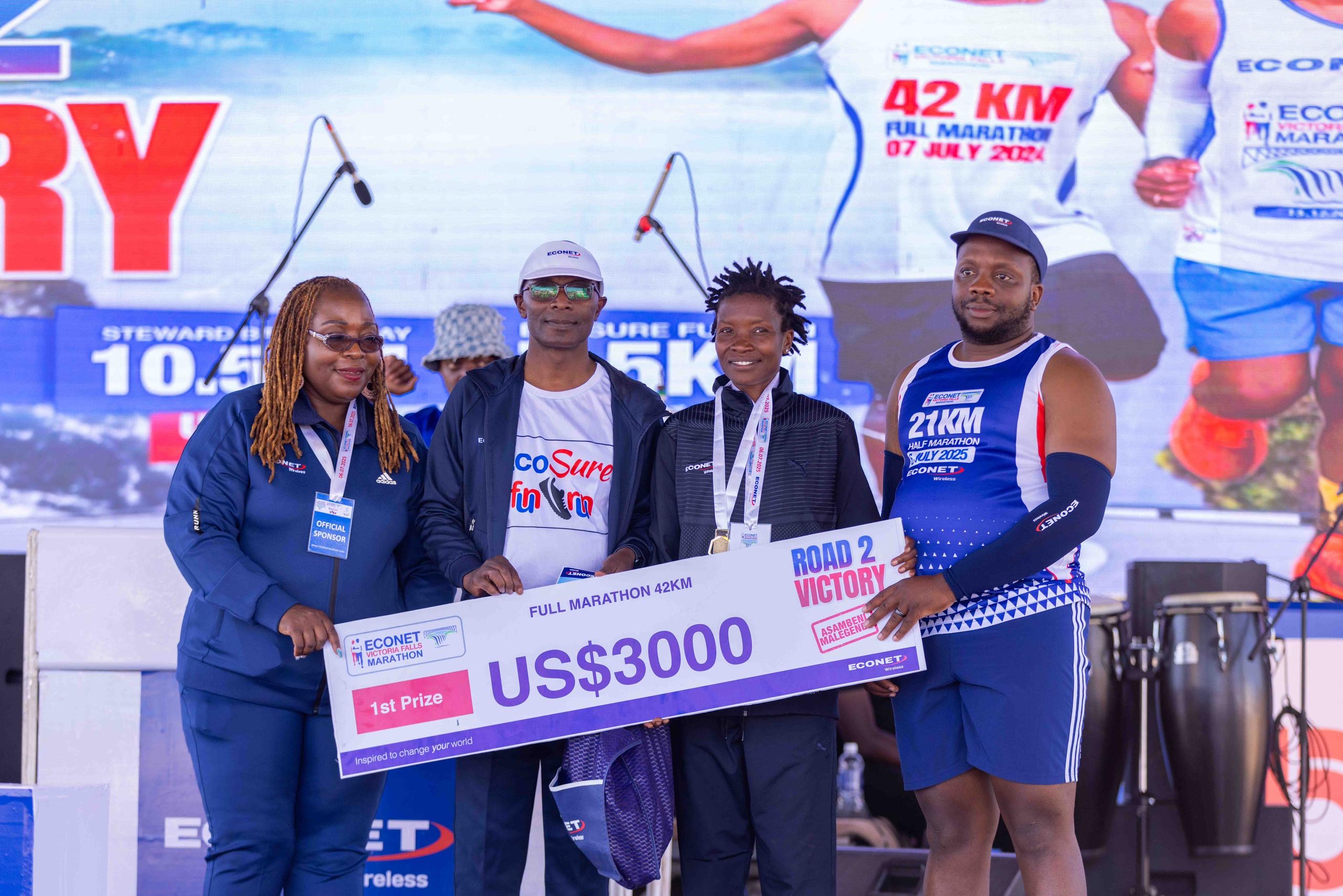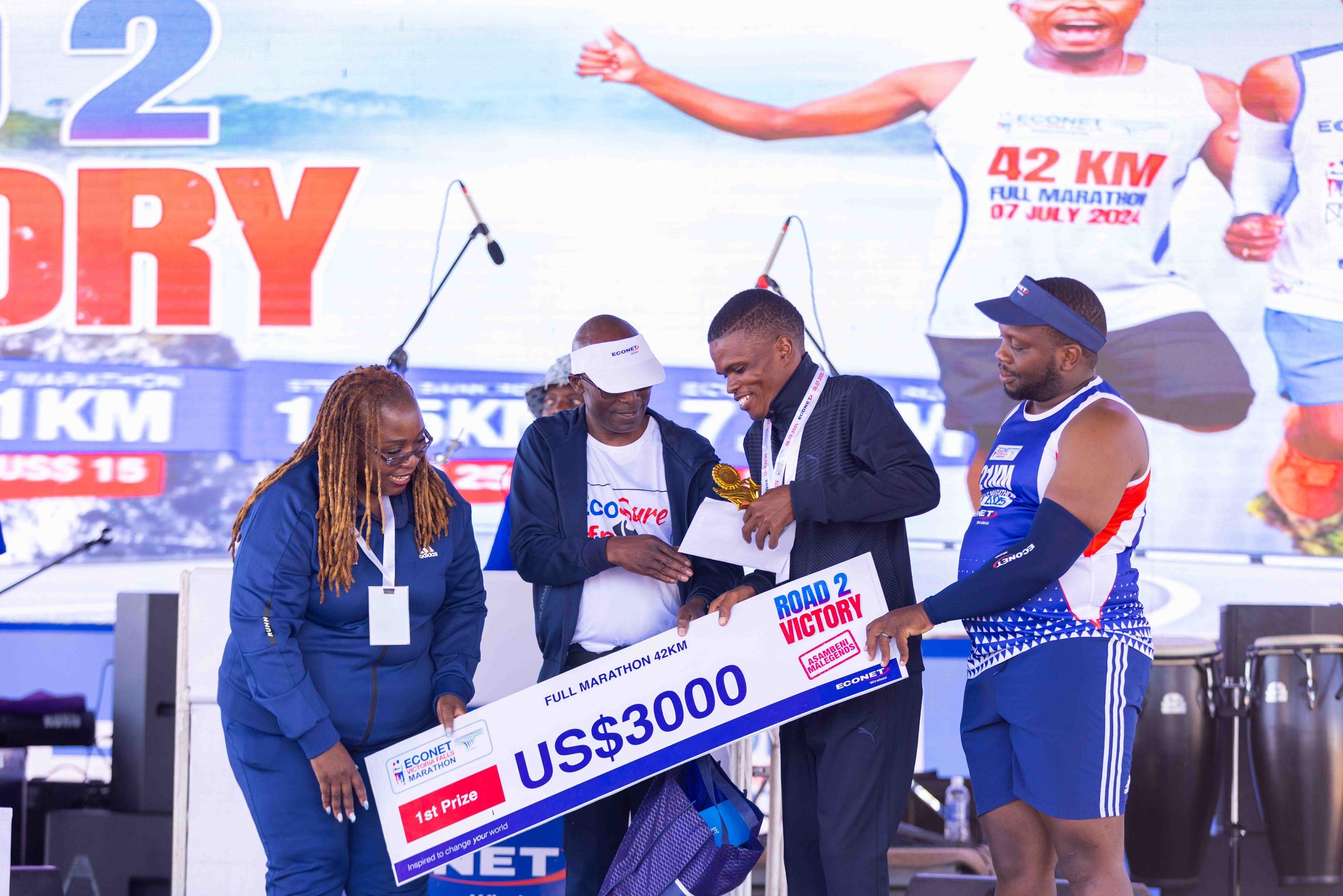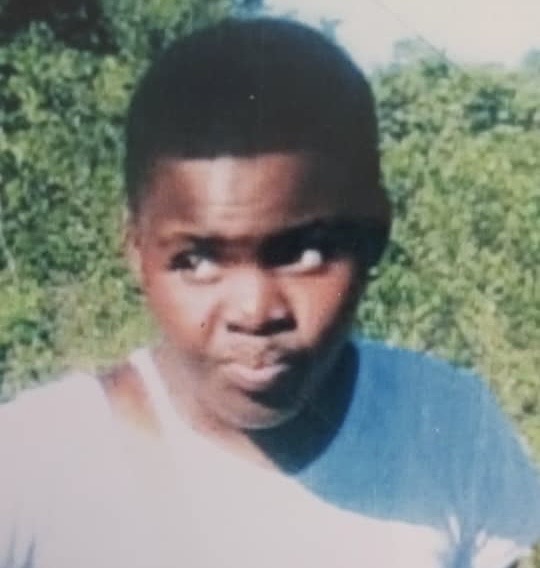BY NOKUTHABA DLAMINI
In the scorching sun, Litha Ncube and her nine-year-old daughter are armed with hoes and shovels as they make way to a dumpsite to scavenge for a precious by-product of coal, coke.
The poverty-stricken widow from Hwange’s Madumabisa Village says she has no option but to scrounge for the product in a life-threatening environment that has claimed the lives of many. This is her only means of survival.
As she digs the dumpsite without any Personal Protective Clothing (PPE) such as the surgical mask, her daughter’s task is to pick and separate the coke from the chaff and fill a 50-kilogramme sack. This quantity of coke fetches US$5, which she says helps to sustain her family.
Her husband died at the height of Covid-19 pandemic in 2021 after he was diagnosed with Tubercolosis (TB) which he contracted due to inhaling of coal dust at the same dumpsite.
Ncube was also diagnosed and it took her over 12 months to fully recover.
“If I stop, who will support my children?” Ncube quizzes as she continues to dig.
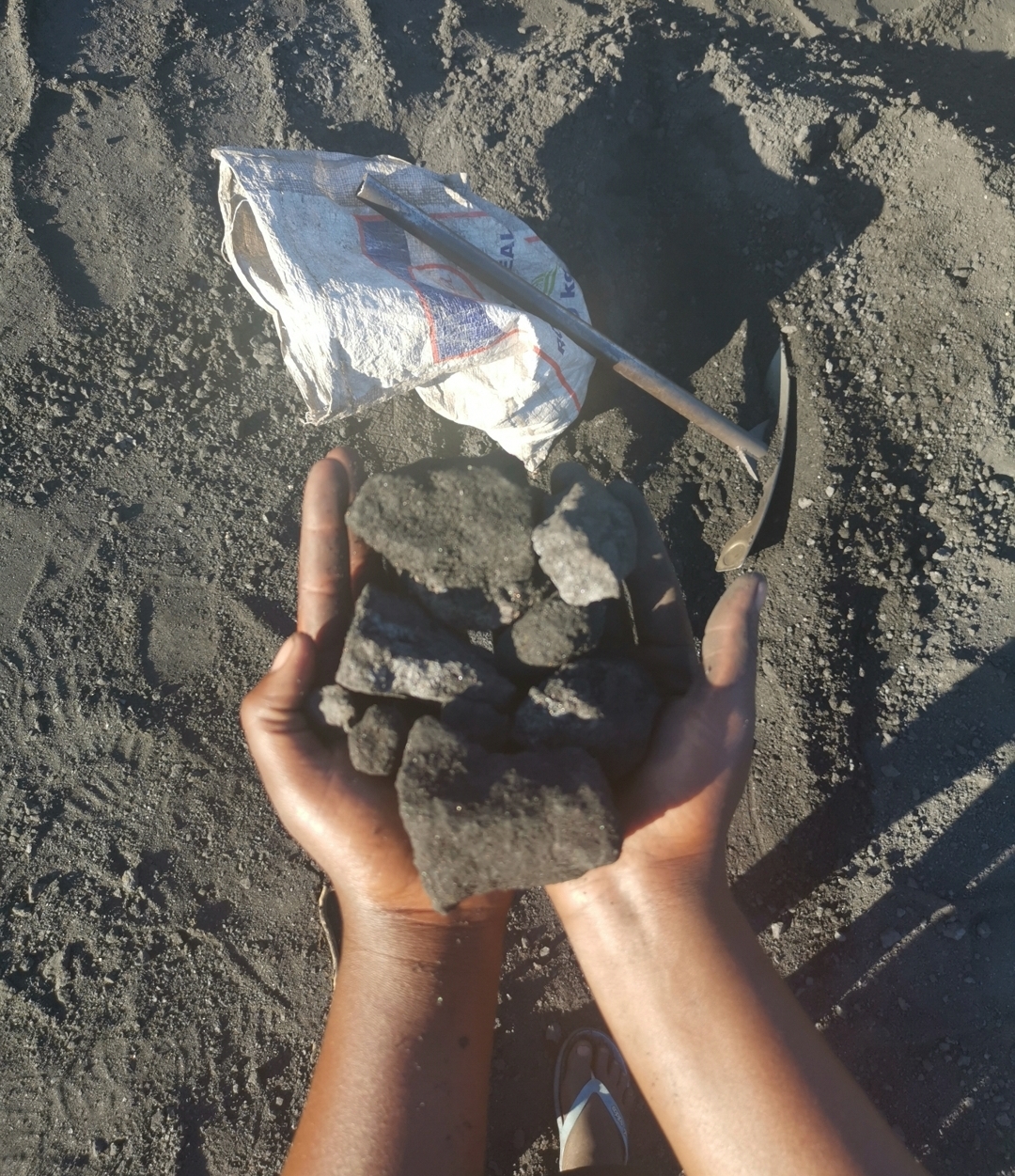
Ncube is among the many women in Hwange who have resorted to trespassing into the Hwange Colliery Company Limited (HCCL) dumpsite in search of coke, which they resell to make ends meet.
TB is one of the leading causes of death in Zimbabwe.
According to Community Working Group on Health, about 6 300 Zimbabweans die of TB each year despite it being preventable and curable.
The African region has the second-highest tuberculosis burden worldwide, after Southeast Asia. under the World Health Organisation End Tuberculosis Strategy, countries should aim to reduce TB cases by 80% and cut deaths by 90% by 2030 compared with 2015.
According to National Mine Workers Union of Zimbabwe president Kurebwa Javangwe Nomboka, gaseous substances from coal dusts have left many Hwange villagers and residents exposed to TB, although many are not documented.
‘The prevalence of TB is very high, but undocumented in the areas we have done programs which are around the mining community of Hwange,” Nomboka told VicFallsLive.
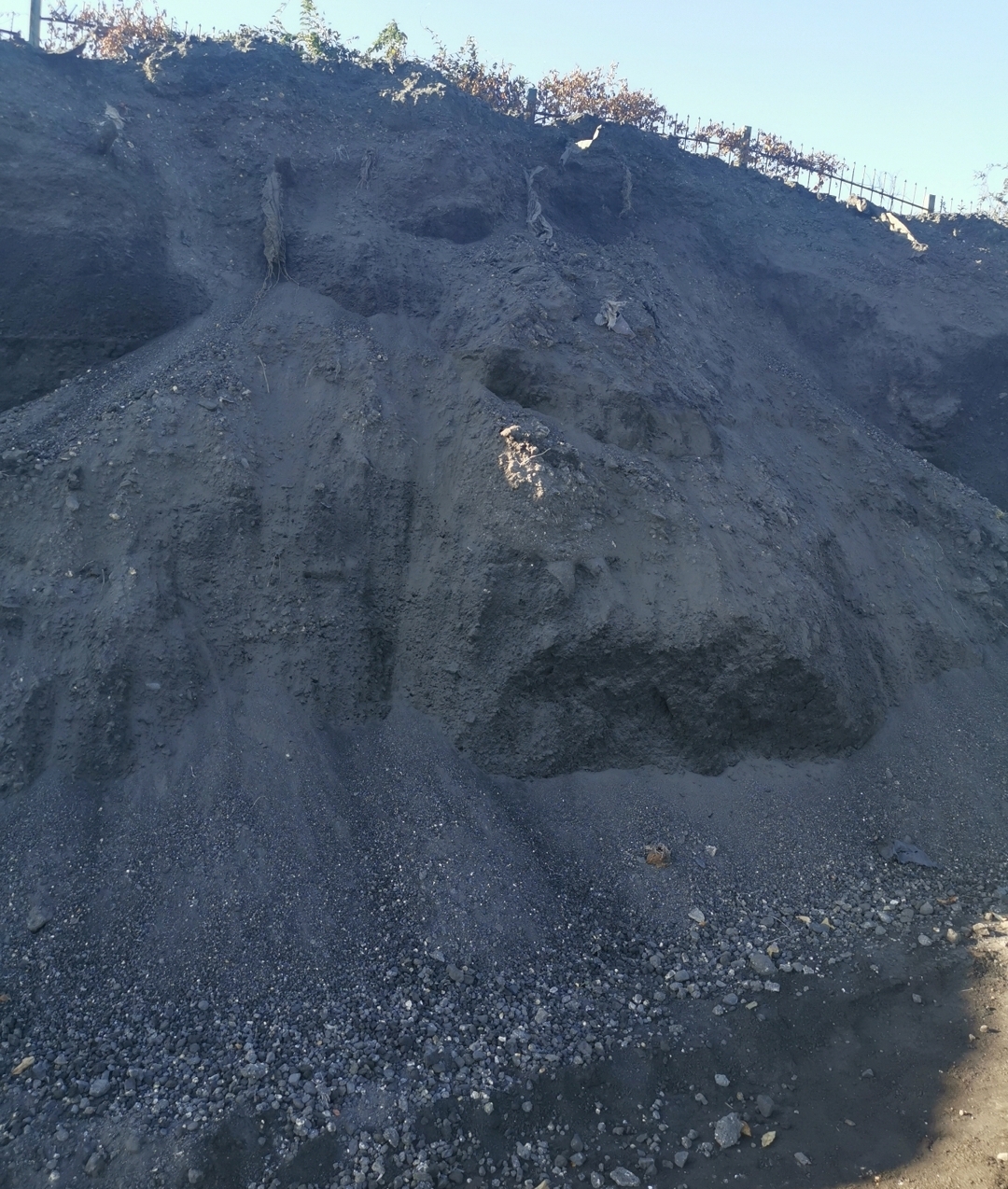
“Coal is the commonly mined mineral in the area and is well known for its combustible nature and the emission of dangerous poisonous gases.”
Nomboka says apart from residents such as Ncube, the scourge is higher in the mining companies, largely Chinese owned.
He says the mostly affected are underground miners and even those involved in the processing of coal to coking coke.
” Examples of areas with a high risk of TB which my team have visited are HC, Hwange Coal Gasification and South Mining,” he revealed.
“The environment in these mines is heavily embroidered or engulfed with coal dust and gaseous substances which causes a high risk of TB and other related diseases like Pneumoconiosis.”
These heavy dusts and gaseous substances, Nomboka says are also evident in the residential areas and thus posing a risk to the families of miners.
” At Hwange Coal Gasification at times the whole complex is engulfed with gaseous substances to an extent that you won’t even be in a position to see buildings or people around you,”
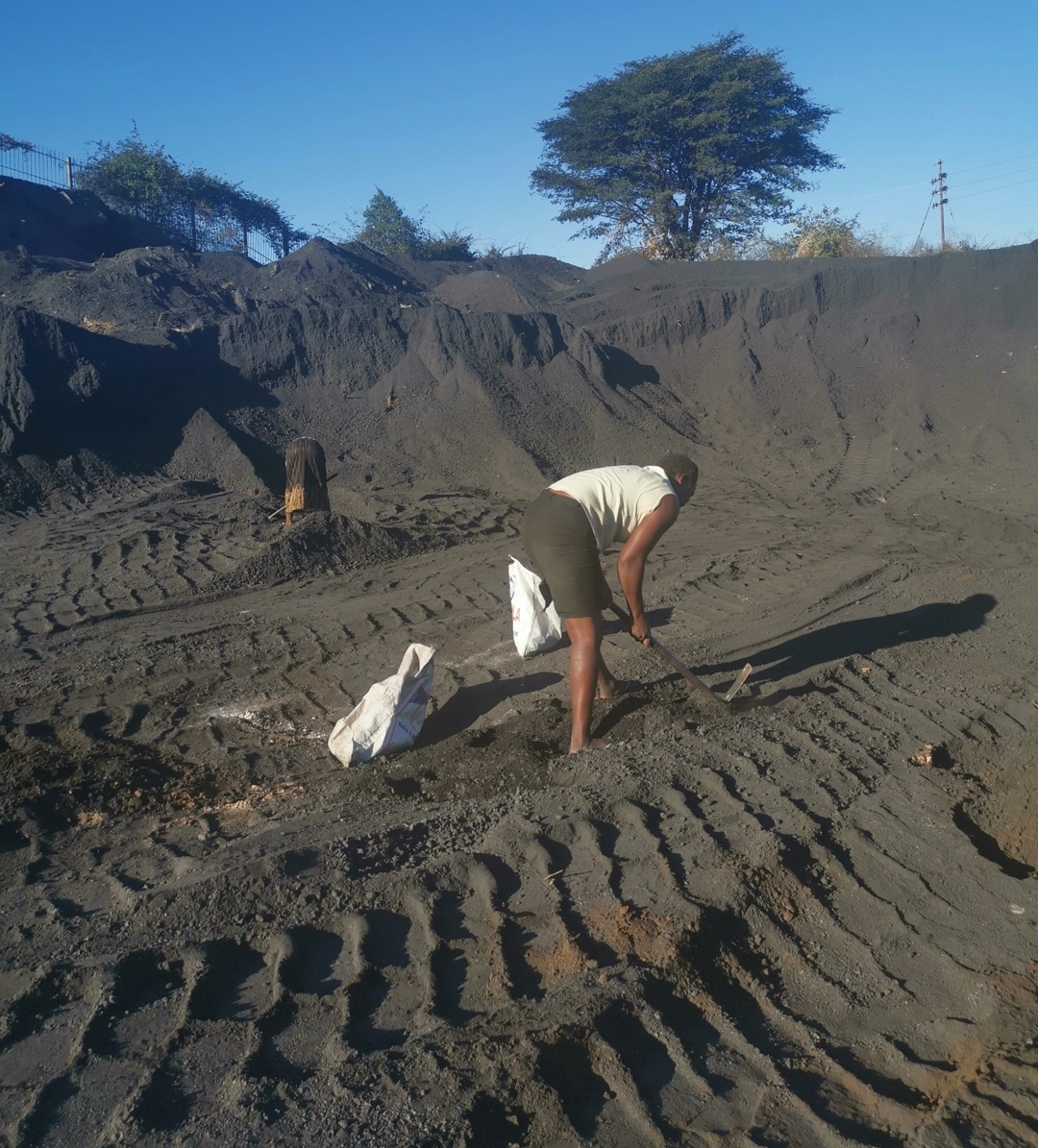
“Besides the dust and gaseous substances there is immense heat that comes out from the furnaces and the personnel working such under environments are spotted with improper and inadequate PPEs and the issue in these mines has become of lesser priority as it is only acquired when we raise a red flag as a union.”
Nomboka said the PPEs being acquired does not meet the standard required under the Mining industry safety regulations leaving workers vulnerable to contracting TB and other related diseases.
” As a trade union we have reigned in on these defaulting companies to comply with the mining safety regulations and those found not to be in compliance with the regulations have had to be litigated against in order for them to comply,” Nomboka revealed.
“The country needs to adopt stern measures on those who fail to comply with mining safety regulations by enacting laws which provide for hefty fines for companies who fail to provide safety nets for their employees and proper and adequate protective clothing.”
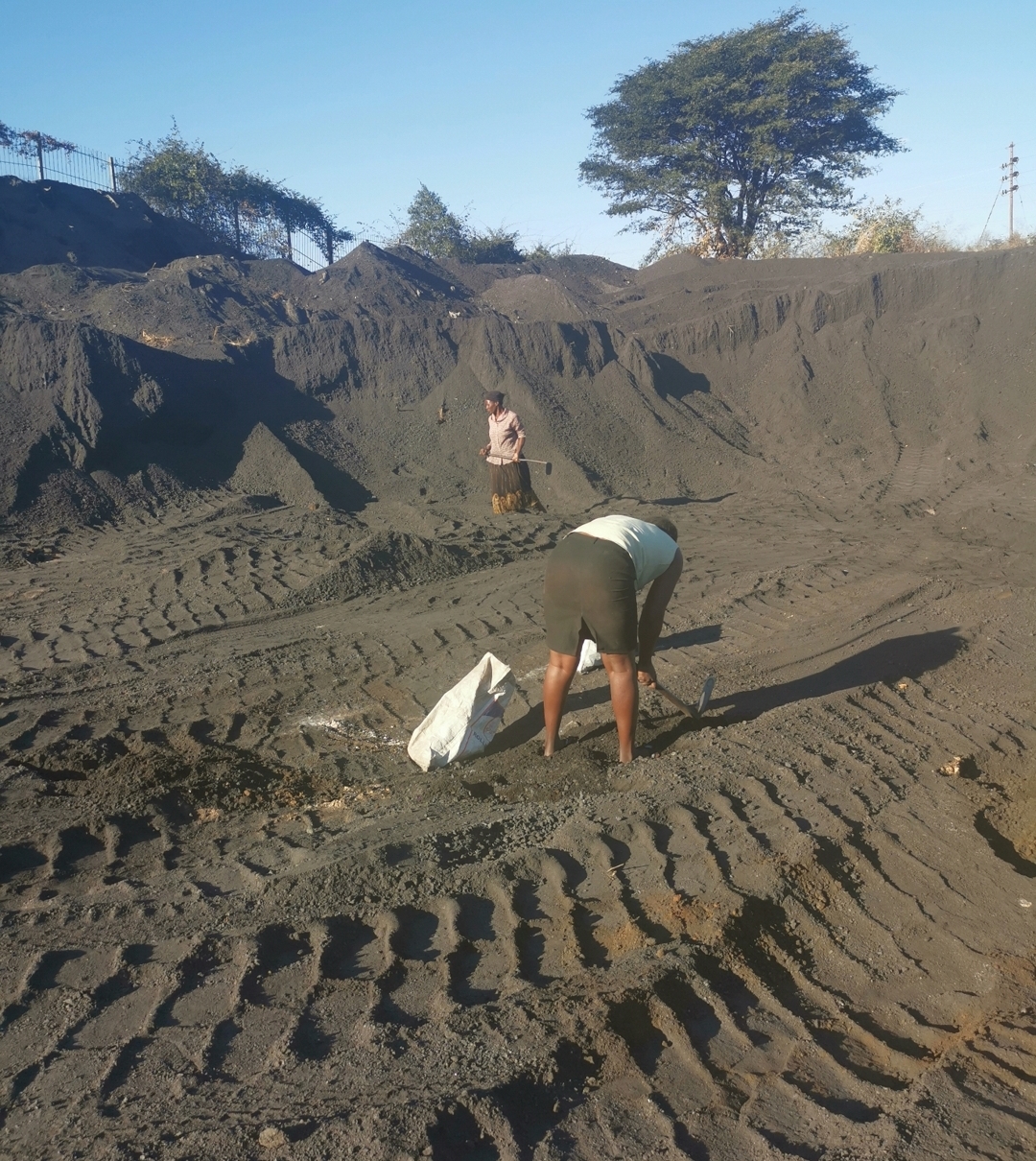

 Slider3 years ago
Slider3 years ago
 National4 years ago
National4 years ago
 Opinion3 years ago
Opinion3 years ago
 Tourism and Environment4 years ago
Tourism and Environment4 years ago
 National2 years ago
National2 years ago
 National3 years ago
National3 years ago
 National2 years ago
National2 years ago
 National4 years ago
National4 years ago



